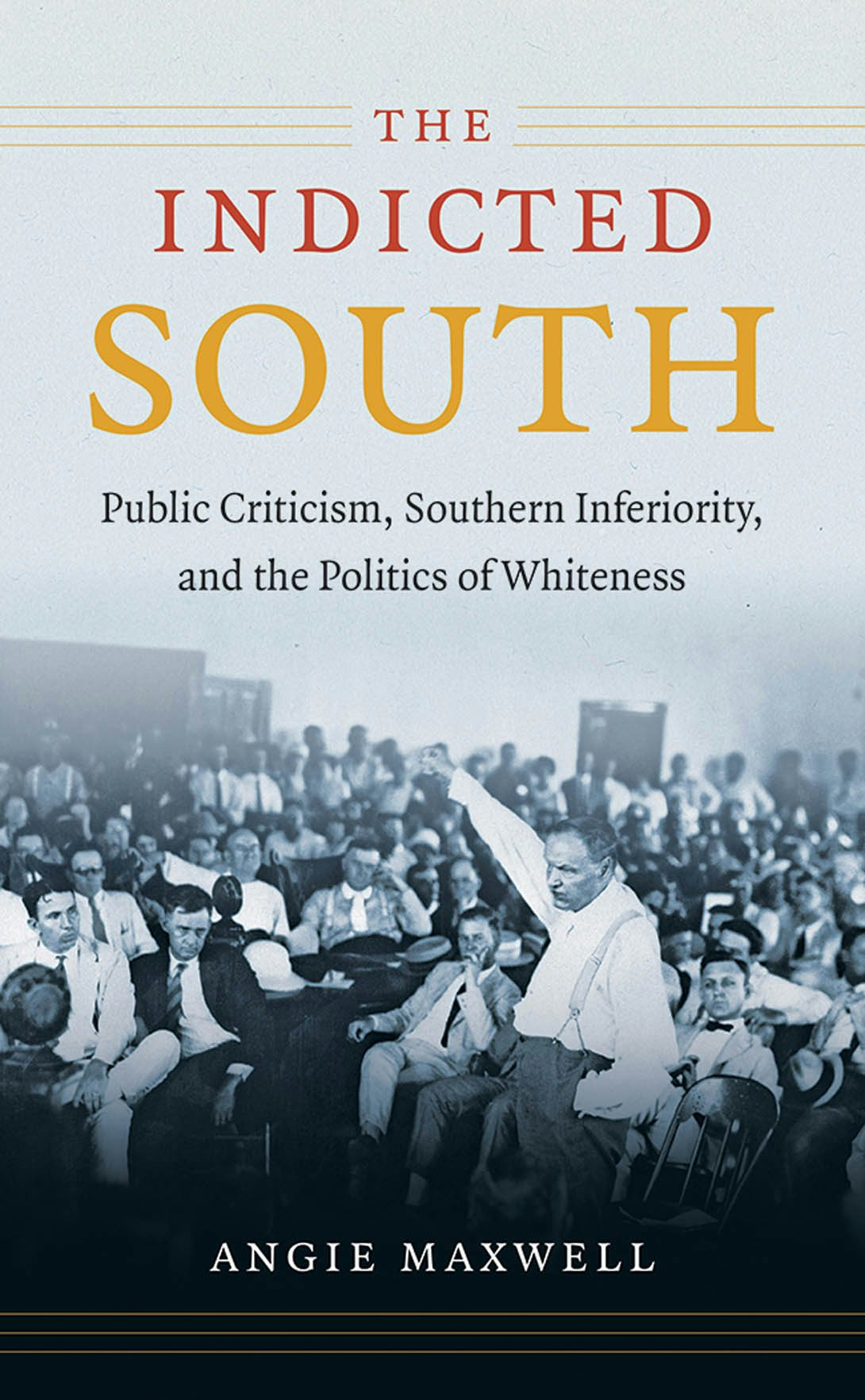On Monday, David Leonhardt’s morning newsletter for the New York Times introduced a grim new term into our pandemic vocabularies: “Red COVID.” The partisan gap in the effects of the pandemic, the newsletter explained, had widened. “Every reliably blue state now has a higher vaccination rate than almost every reliably red state,” Leonhardt wrote. Some of the red dots on the Times’ chart of states with low vaccination rates are not in the South—Wyoming, for example. But most of them are: Texas, Florida, Kentucky, Mississippi. After a late summer and early fall where the delta variant hit the former Confederacy hard, generating awful news stories from hospitals in Mississippi and Florida, it seems like “Red COVID” is also, mostly, “Southern COVID.”
In light of this, a thought experiment by Angie Maxwell, a professor of political science and director of the Diane Blair Center of Southern Politics and Society at the University of Arkansas, has been on my mind. In her book The Indicted South: Public Criticism, Southern Inferiority, and the Politics of Whiteness, Maxwell, through a provocative analysis of Southern history and psychology, explores the idea that the white South has a collective “inferiority complex” that explains its very specific tendency toward backlash.
Can this idea help explain the low vaccination rates in the South and the disastrous way COVID has played out in the region? Is there anything we could learn from this history about how to encourage vaccination without further triggering the reaction of retreat and retrenchment that Maxwell describes playing out other times when the South has become the focus of intense critique?
I asked Maxwell to explain. Our conversation has been edited and condensed for clarity.
Rebecca Onion: What’s the idea behind your argument about a white Southern inferiority complex? Where do you see the dynamic of criticism and retrenchment, over the years?
Angie Maxwell: The phrase inferiority complex was coined by the psychoanalyst Alfred Adler in the early 20th century. He said that we all feel a sense of inferiority sometimes, but for that to develop into a “complex,” there have to be a couple of elements: a consciousness that you are deemed inferior, which comes at some kind of moment when you realize, “People think I am less than.” Then there are some environmental conditions that make that person who has that moment of realization more likely to develop a “complex”: lack of education, poverty, authoritarian religion. In the wider South, as a region, all three of those environmental conditions are prevalent. That moment of public consciousness, in this case, often looks like public criticism—times when there’s been intense scrutiny of the region.
In writing this history I looked at a few of those moments, then looked at what the result of that public criticism was. Adler explains that individuals that develop an inferiority complex usually respond with one of three different compensations. First, they might deem someone else inferior. Second, they change the rules by which they are deemed inferior. Third, they retreat or escape from the society or institution or community that’s deemed them inferior.
I argued that the whole experience of white Southerners is this cycle of criticism, then backlash and entrenchment, or changing the rules. This pattern might help us understand the resistance to change, defensiveness, and reflex to turn toward privatization that has dominated white Southern culture in the last 120 years.
